We have already discussed how proper sleep impacts productivity. We have also offered effective insomnia tips that can help you get a good night of rest. However, sometimes it’s the little things you tend to do – or not to do – that can affect your sleep patterns and mess with your productivity the next day. If you’ve noticed that your sleep has been suffering lately, resulting in you waking up tired with almost no energy, it’s time to make the most out of the following small changes. They may be the answer to allow you to improve your sleep.
Turn Off or Dim the Lights Half an Hour Before Bed
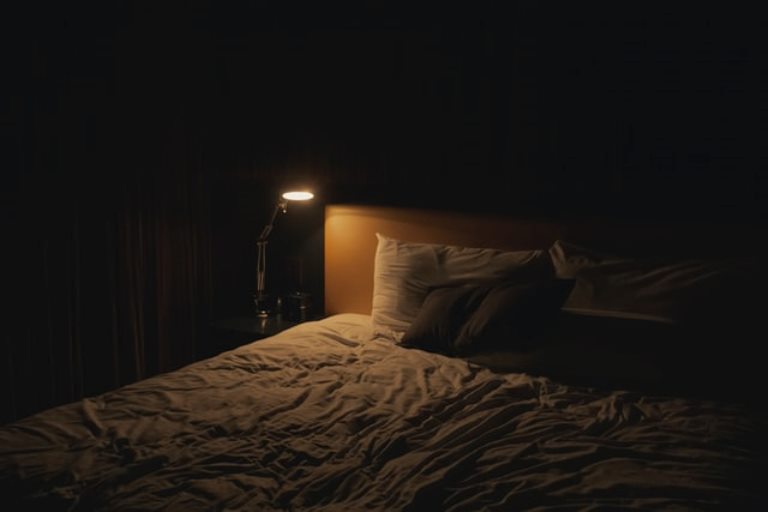
Turning off your computer or other devices well before sleep time may not be enough to signal your brain that it’s time to sleep. In reality, the best thing you can do for yourself and a good night of rest is to turn off or at least dim all the lights in your home at least half an hour before bed. This will allow you to zone out properly and fall asleep quickly.
Melatonin Pills Can Only Worsen Your Sleep Patterns
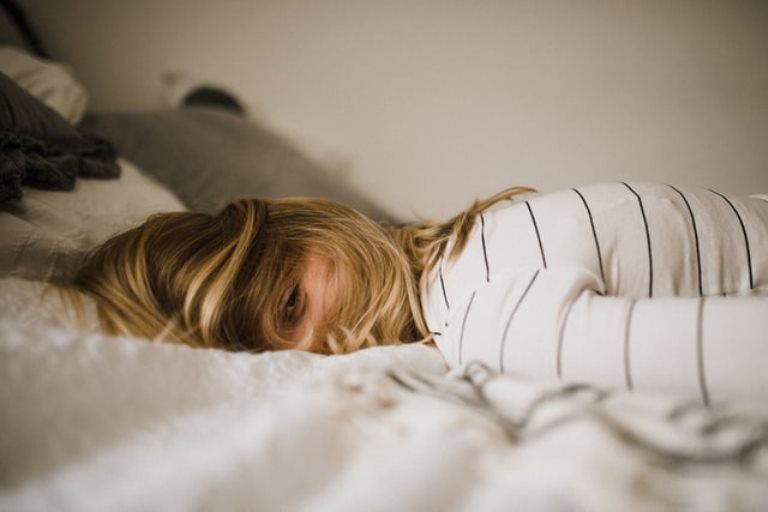
The body naturally produces melatonin during sleep. However, people who have trouble sleeping may be prescribed melatonin supplements. These may work for a while, but they’re only meant to be used for a short period. Melatonin promotes dreaming as well, and if you continue taking these supplements longer than necessary, the vivid dreams may make you even more tired in the morning than before.
Regular Sleeping Schedule Truly Works

You’ve probably seen this tip in numerous different articles dealing with sleep and productivity, but that’s only because it truly works! Going to sleep and waking up at the same time has the power to tune your body and your brain to an exact routine, allowing you to rest properly when necessary. It’s expected that you won’t be able to stick to this schedule all the time, but still do your best to follow it as often as possible.
Limit Your Alcohol Consumption

To put it simply, alcohol is one of the biggest sleep enemies – effective and restful sleep that is. You may think that alcohol before bedtime makes you drowsy and, therefore, helps you fall asleep. That may be true, but that kind of sleep won’t provide you with adequate rest. Namely, alcohol affects REM sleep negatively, meaning you’re not getting quality sleep at all. It would be ideal not to drink alcohol for a variety of benefits, not just better sleep. But if you want to have a glass of an alcoholic beverage here and there, try to do so earlier in the day so that it’s out of your system once it’s time for bed.
Refrain from Caffeinated Drinks in the Evening
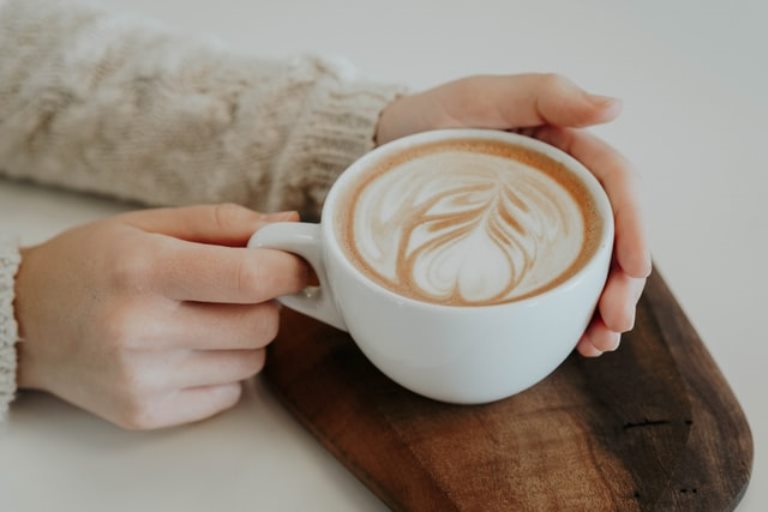
Just like alcohol, caffeinated drinks such as coffee and green/black tea can disrupt your sleep considerably. Even if you don’t find it particularly difficult to fall asleep, the quality of that sleep won’t aid the next day’s productivity at all. If you can’t live without coffee or tea in the evening, at least choose decaf coffee or herbal teas that don’t contain caffeine.
Your Phone Shouldn’t Be Close to Your Bed

As mentioned, bright light will make it difficult for you to fall asleep. What’s more, scrolling and browsing on your phone may take hours when you’re already in bed, without you even noticing the passage of time. Therefore, even though it’s tempting and you may be struggling to zone out, don’t reach for your phone. It would be helpful to position it far enough away so that you can’t get to it from the bed.
Turn the Clock the Other Way
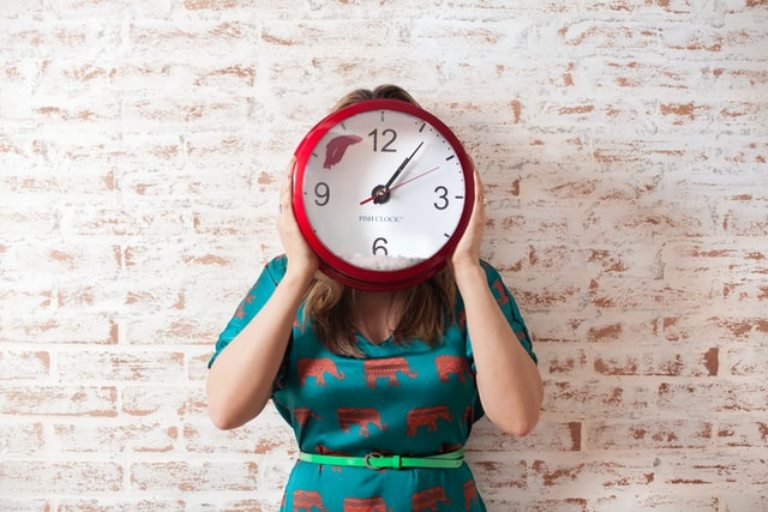
If you have a clock on your nightstand, it’s important to turn it the other way so that you don’t constantly check the time and get yourself all anxious about falling asleep. If you have a wall clock, refrain from looking at it; if possible – it might do you good to cover it with something. After all, you already have your alarm set on your phone.
Take the Time to Process the Day

It’s only natural for people to think about their day once they’re finally able to rest or even daydream. However, this, too, is a bad habit that prevents you from falling asleep and waking up with a productive mindset in the morning. That said, instead of taking the time to reflect on your day and plans while in bed, reserve 10 to 30 minutes of sitting comfortably on your sofa/chair to do exactly that before you start getting ready for bed.
Take Up Journaling Before Bed
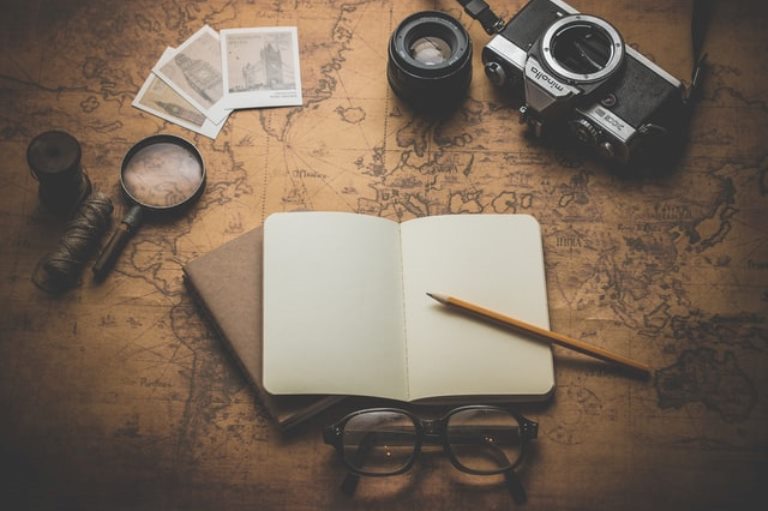
Shutting out thoughts is definitely the most difficult thing to do and the biggest reason for troubled sleeping. If just thinking in a sitting position doesn’t cut it for you, turn to writing instead. Writing down your thoughts, dreams, and experiences makes your brain come up with specific, coherent sentences, which sometimes provides better satisfaction in terms of reflecting.
Leave Your Bed When Everything Else Fails
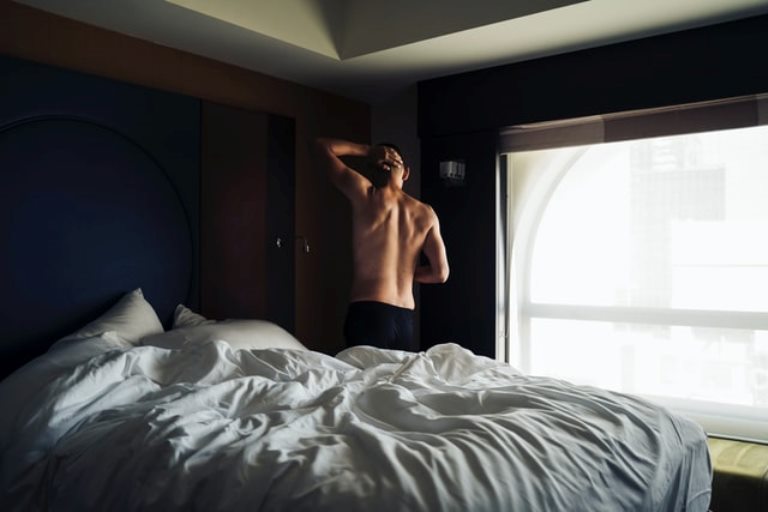
If you still have trouble falling asleep, there’s an interesting trick that you can try. Namely, don’t stay in bed thinking and forcing yourself to sleep. Get up and walk around your home or sit in a chair and take some extra time to process whatever’s been preventing you from falling asleep and then go back to bed. Dealing with a whirlwind of thoughts before sleeping won’t only help you rest but will also create room for a productive morning routine.
Some days will require you to stay productive with little sleep due to unexpected events or possibly other reasons. Worrying about it will only make your productivity drop even more. Fortunately, you can learn how to deal with these days properly as well.
